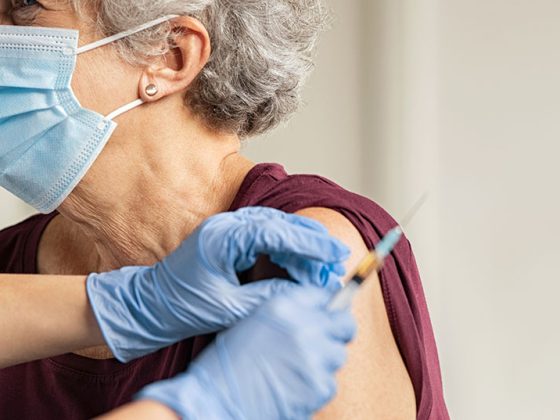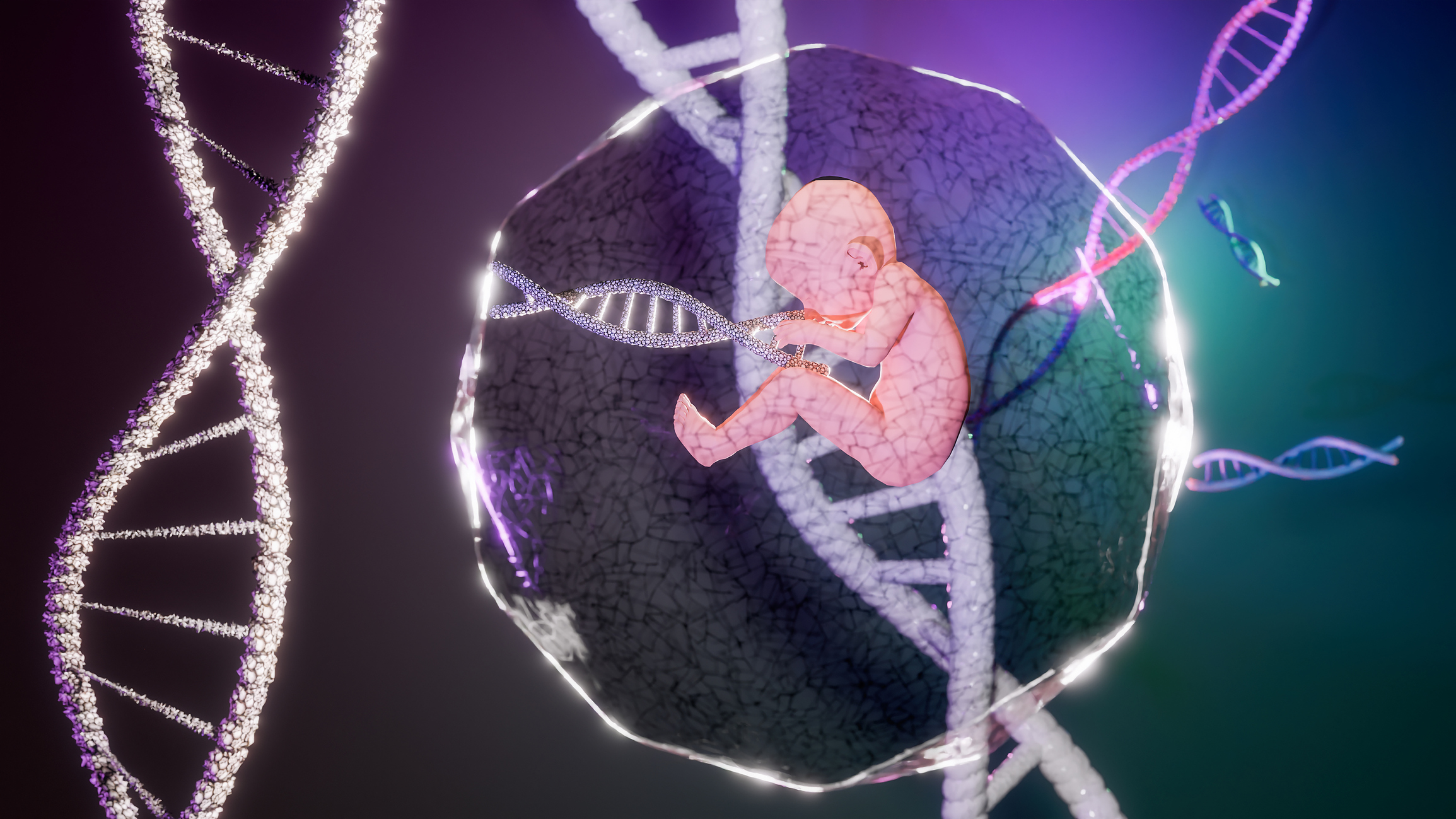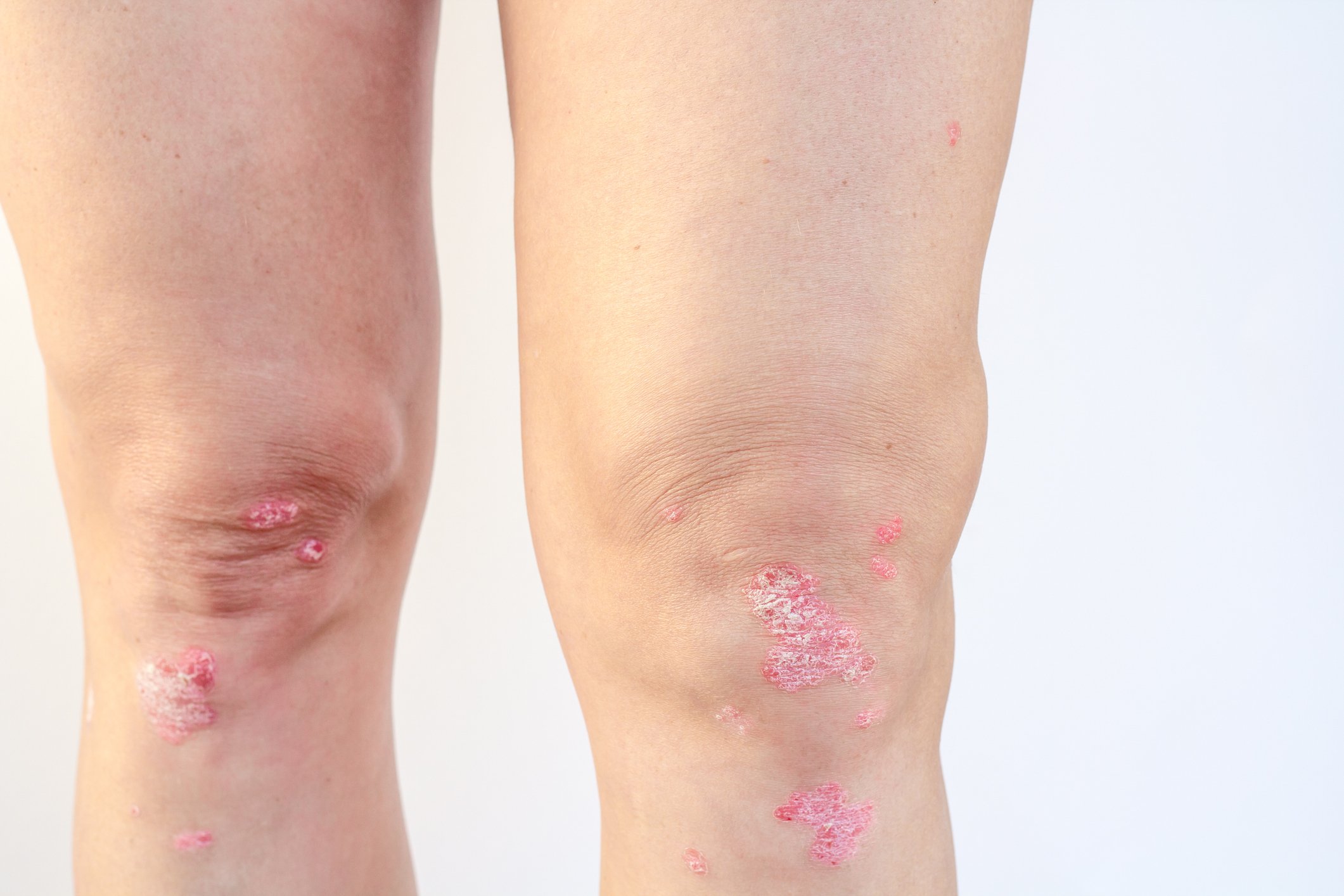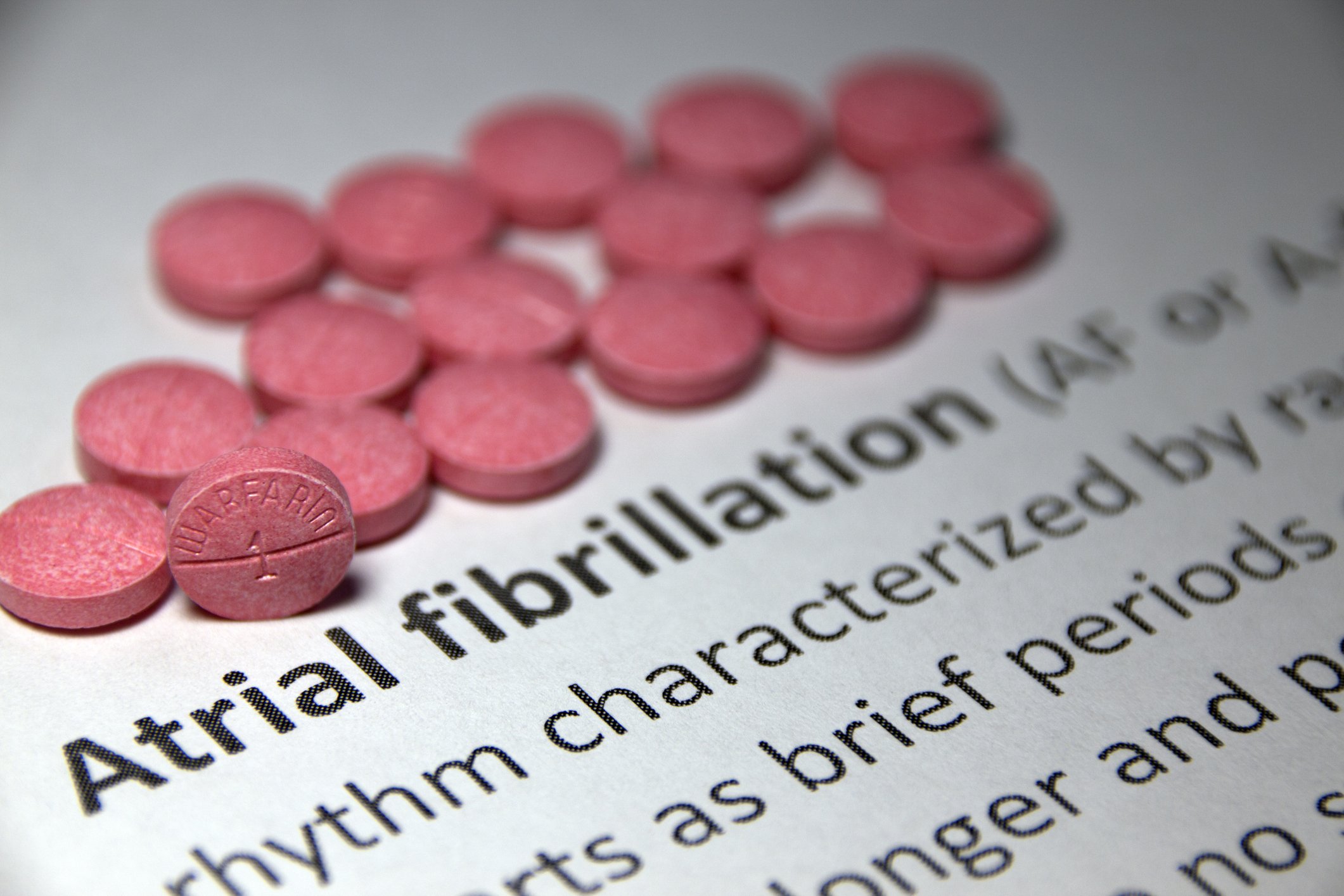Spinal muscular atrophy, although a rare condition, is among the most common genetic causes of death in infants and young children. However, adolescents and adults can also be affected by the increasing loss of mobility. The goal of effective treatment management is therefore, among other things, the stability or improvement of motor functions and the preservation of walking ability.
Spinal muscular atrophy (SMA) is triggered by a loss of function or defect of the SMN1 (Survival of Motor Neuron) gene, which is responsible for the production of SMN protein. This is central to the life of motor neurons. The symptoms of SMA result from a loss of these motor neurons in the spinal cord and lower brainstem. The most common form with 95% is 5q-SMA, which is caused by mutations or homozygous deletions of the gene SMN1 on chromosome 5q13. Based on the age of onset, four different types are distinguished: In SMA type 0, symptoms are already pronounced in the womb; in type 1 patients, symptoms such as paralysis already occur after less than six months, so that patients often already have difficulties with basic life functions such as breathing or swallowing. They are unable to sit unassisted and often reach an age of more than two years only with additional ventilation. Patients with SMA type 2 (symptoms from the sixth month of life) or type 3 (from the first year of life) form larger amounts of the SMN protein. In them, the disease is less severe, but still has a profound impact on life. Type 4 SMA often causes fewer symptoms and life expectancy is comparable to the normal population. What all types have in common, however, is that the disease is progressive.
Preserve autonomy in the long term
With regard to walking ability, it does not matter, for example, at what age the SMA first became symptomatic. It is a variable disease with a risk of losing the ability to walk at any age, showed Prof. Maggie Walter, MD, Munich (D). But it is skills such as being able to get around, eat, wash and use the toilet themselves that have a major impact on sufferers, according to a survey of 822 patients with SMA type 2 or 3. It is understandable that 96% of the respondents therefore already consider a stabilization of their current clinical condition to be a positive therapy outcome.
The expert reiterated the specifics of adult SMA: the progressive course of the disease threatens the autonomy of patients and thus their social integration, as walking ability or residual motor function steadily declines. Likewise, lung function is often impaired and a complex spinal situation is usually present. With this in mind, effective treatment should aim to stabilize or improve motor function and preserve walking ability. Likewise, an improvement in quality of life, social independence, and the preservation of the ability to work should be the focus of the therapy regime.
Individual and symptom-oriented treatment
The therapy is based on the individual needs of the person affected, which are based on the symptoms and should be effective in the long term. Addresses primary and secondary effects of muscle weakness and should include therapy for pulmonary complications, nutritional and gastrointestinal support, orthopedic care, and rehabilitation. For the 5q SMA, for example, Nusinersen is approved. Antisense oligonucleotide (ASO) is known for its rapid onset of action and enhances the natural production of SMN protein without permanently or genetically altering the patient’s genome. To do this, it intervenes in the downstream reading process at the SMN2 gene. An independent, non-interventional, observational study of 124 adult 5q-SMA patients (type 2 and 3), 40% of whom were ambulatory, showed that treatment with the ASO allowed continued improvement in motor skills and stabilization of disease progression. The improvements were independent of the age of the patients at the start of therapy.
Source: DGN 2020
InFo NEUROLOGY & PSYCHIATRY 2020; 18(6): 30 (published 11/28/20, ahead of print).











